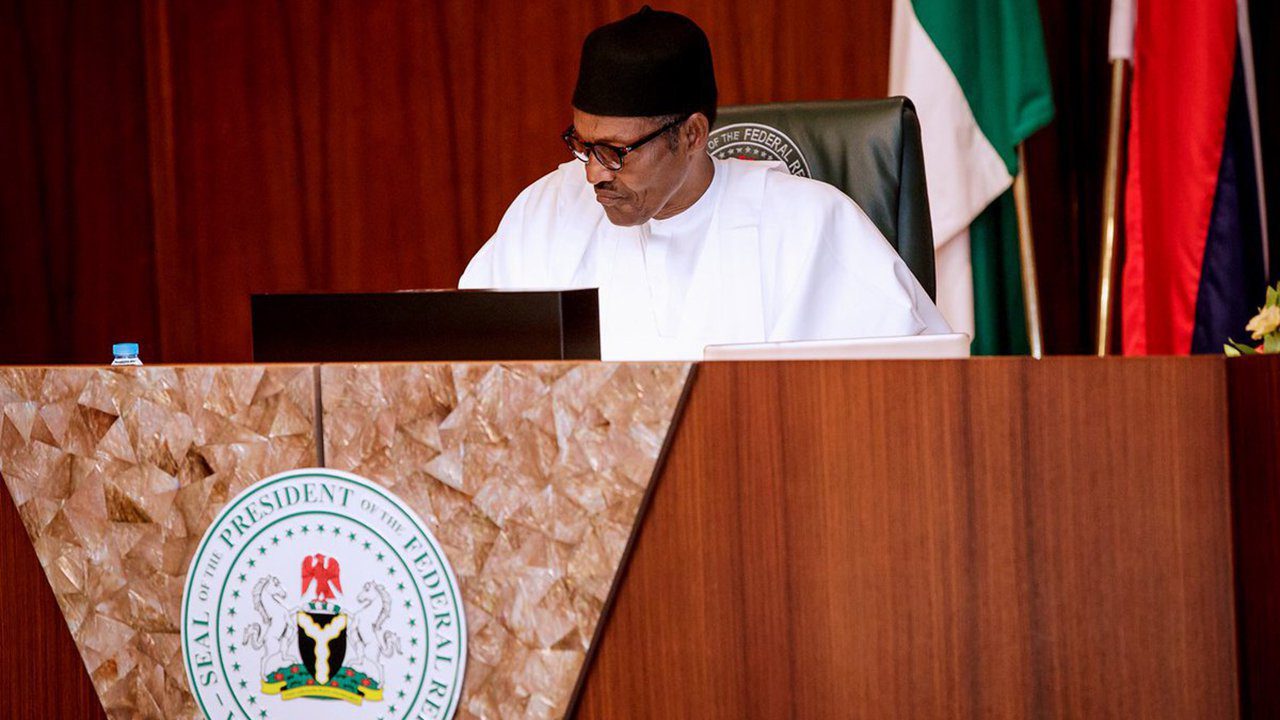
President Muhammadu Buhari has given approval for 12,000 metric tons of grains to be shared to victims of the recent flood crisis across the country.
This was disclosed by Mustapha Habib Ahmed, the Director-General of National Emergency Management Agency (NEMA) on Thursday in Abuja during the 2022 International Day for Disaster Risk Reduction.
Mustapha Ahmed also added that relief materials have been added to the list of things to be sent to the victims of the flood crisis.
According to him, although the transportation of the relief materials has been affected in place like Lokoja in Kogi State, he stressed that security operatives have been ordered to ensure the safe transportation of those relief materials to the affected victims.
He also noted that the reason for the heavy flooding this year across the country is as a result of negligence to the early warnings of the flood in the affected communities.
The Minister of Humanitarian Affairs, Disaster Management and Social Development, Sadiya Umar-Farouk, represented by Director, Humanitarian Department, Ali Grema, said the scale of devastation caused by this year’s floods could only be compared to the 2012’s.
“More than 500 lives have been lost, more than 1.4m persons affected, about 90,000 homes both partially or completely destroyed and still counting.
“And also destroyed are thousands of hectares of farmland; thus worsening fears of a disruption of food supply in Africa’s most populous country These widespread cases are in 27 out of 36 States and the FCT.”
She urged communities to take climate predictions and flood outlooks warnings seriously, noting that all disasters as local.
“As we reflect on the present flood situation in Nigeria, let’s consider the focus of the 2022 IDDRR. Did we not have enough warnings or was our predictions and flood outlook wrong? Did we not act enough to prevent or mitigate what we’re confronted with today? While we shall not apportion blames, we need to acknowledge the fact that we all had enough warning and our advocacy was timely. We can’t outright eliminate flood but we can keep people safe. That responsibility is collectively ours.”

















